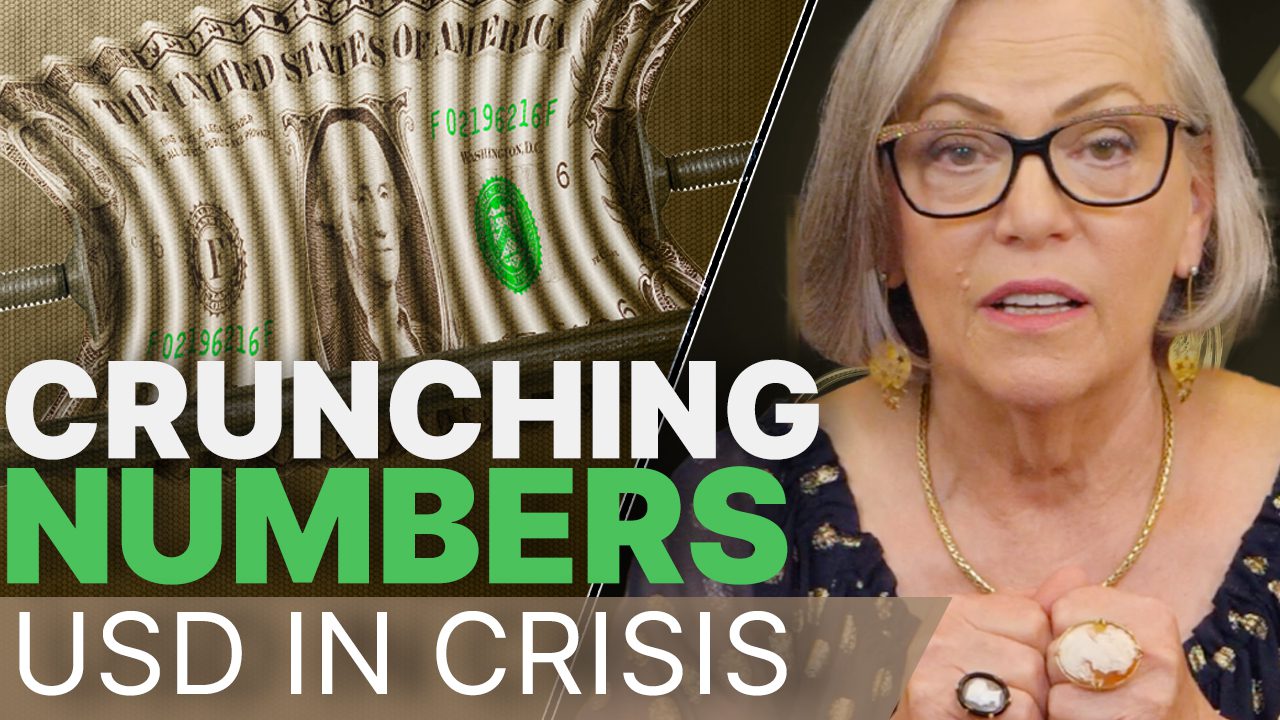Rising Saving Account Withdrawals Force Egypt to Impose New Currency Controls

Egypt which is facing a deep financial crisis with surging outflows has announced new currency control measures. These measures call for a ban on traveling with more than $10,000 in cash and are a result of the fast increase in withdrawals from the saving bank accounts of the public. The Egyptian people are worried about the depreciation in pound and continued rumors of confiscation of deposits by the country’s central bank.
President’s spokesperson Yasser Ali said the limit of $10,000 applied to both bringing in the foreign currency or taking it out of the country. All transfer of funds above $10,000 must be done electronically and no cash can be sent through mail. The earlier law simply called for declaration of all amounts above or equivalent to $10,000 in foreign currency.
The present government of Mohamed Morsi is facing several difficulties in maintaining control over the country’s finances and budget deficit level. It is also delaying its high level talks that are necessary to secure a $4.8 billion loan from the International Monetary Fund or IMF. Although the IMF accepts that countries witnessing destabilizing capital flows may have to introduce capital controls to curb them, their stance is not clear about the scenario in Egypt. The country’s foreign currency reserves have declined from $36 billion in 2010 to $15 billion in 2012 which is very close to the IMF’s mandated average of three months of imports.
Egypt’s central bank has spent over $20 billion of its foreign reserves to support the pound since the uprising that led to the ouster of Hosni Mubarak in early 2011. The uprising and the associated conflict has discouraged both foreign tourists and investors which in turn has had a negative impact on the country’s growth levels. Egypt’s balance of payments position has worsened over this period with state budget deficit rising to a double digit figure in terms of percentage of national output. Egypt’s hard currency reserves current stand at just around $4 billion. An earlier restriction by the central bank restricts Egyptians from transferring more than $100,000 out of the country and most of the wealthy residents have already exhausted this limit and thus are not in a position to send funds abroad.
Residents are afraid of further devaluation of the Egyptian pound. The country’s Central Bank has announced that the Egyptian pound is currently trading at 6.20 per US dollar as compared to 6.00 in the first half of 2012. The lack of necessary currency reserves to fund the country’s import requirements is likely to result in a further decline in the value of the pound.













